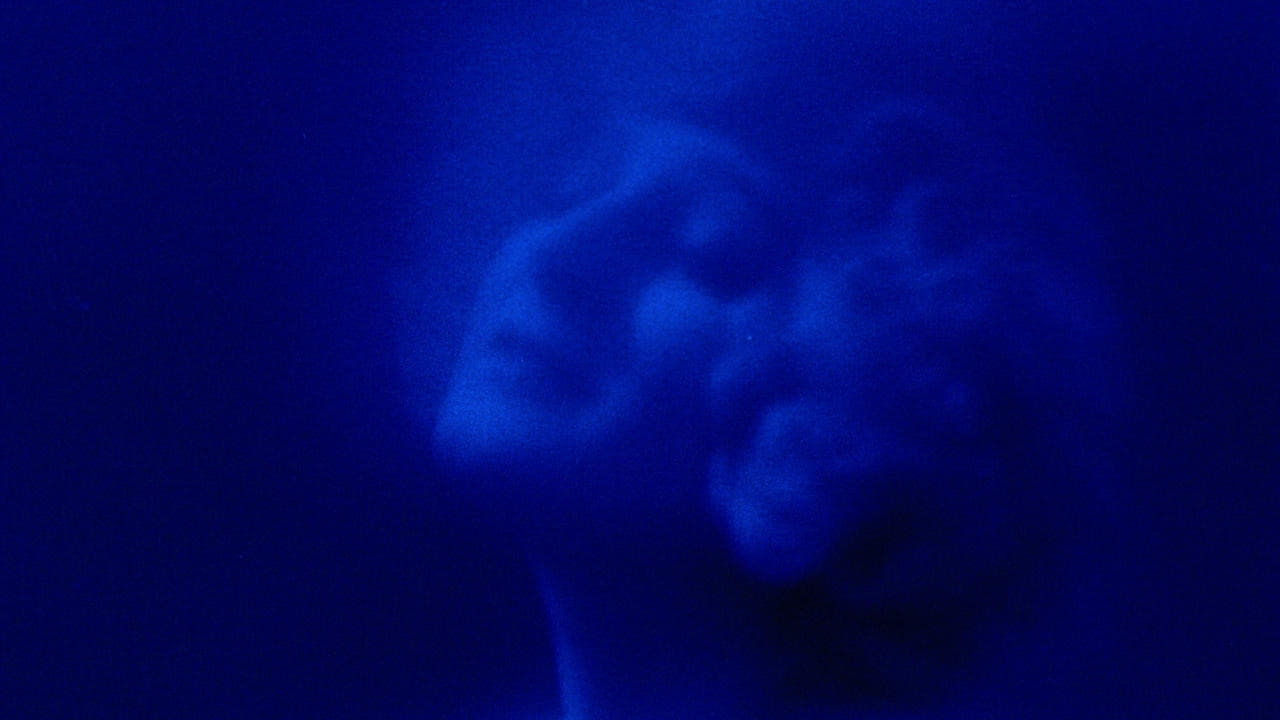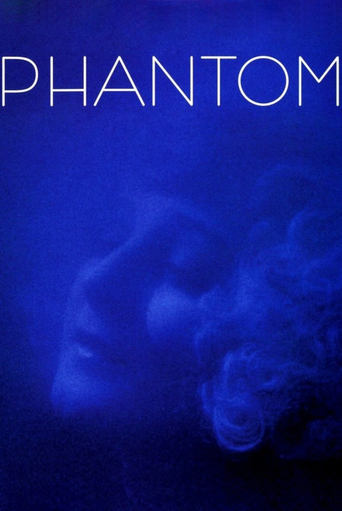

Town clerk Lorenz Lubota is a retiring bookish fellow about to settle into a contented hum drum existence when he is bowled over by a carriage on his way to work . Only stunned by the accident he becomes obsessed with the striking beauty of the driver turning the rest of his world upside down. Lorenz then foolishly pursues the woman with an ungovernable monomania that creates havoc in both his personal and professional life. Exploited by a slick grifter he betrays a benefactress and when his clumsy attempt to win the hand of his obsession falters he is exploited by a mother-daughter team and the spiral picks up speed.Made the same year as Nosferatu director FW Murnau taps down the phantasmagoria considerably in this slow go that reveals much of its outcome early, making it more of a cautionary tale than an intense suspense. Incurable romantic Lorenz moves through the film trance like most of the way and such unabated gullibility wears Phantom down.Their are a handful of lush tinted classic Murnau compositions that inform and a touch of misogyny that allows his female characters some lurid depth but for this cinema giant it is a sub par effort.
... View MoreThat F.W. Murnau's long gone "Phantom" was "reconstructed and restored in 2003" from a print held in Berlin's Bundesarchiv-Filmarchiv is a cause for celebration - this, along with the more recent announcement of 75 "lost" films turning up in a New Zealand archive, suggests "lost" works will continue to trickle out of archives and attics for the foreseeable future. The reconstructed "Phantom" is very well done; it's obvious they were working from a very satisfying print of the film, as there is little of the deterioration you expect in these old films. They've avoided temptation to enhance the coloring, and tinted the nicely preserved original film in original hues, inserted new intertitles, and added an appropriate Robert Israel score.Our story begins in then "present" day Germany, with protagonist Alfred Abel (as Lorenz Lubota) and Lil Dagover (as Marie Starke) living in a "happily ever after" home (which dampens much of the coming tension). Wife Dagover lovingly urges Mr. Abel to write the story of his former life. The couple hopes this will help ease ex-convict Abel's painful memories. Then, we have the flashback and, the problems begin Some time ago, Abel is a respected, but lowly city clerk. He lives with haggish old mother Frida Richard, whorish sister Aud Egede Nissen (as Melanie), and dour brother Hans Heinrich von Twardowski (as Hugo).The introduction of the "little brother" points out another of the film's structural flaws. You expect, since we have a big, obvious "flashback" that the younger man is the younger "Lorenz" - but, this revealed not to be the case when Abel is called to the breakfast table, looking older than he did before the flashback. An unaccredited co-writer, Mr. Twardowski is not on screen much of the time; but, he seems capable, and it might have been a better idea to have him play the main role. Or, they could have dispensed with the opening and have Abel play "Lorenz" as a middle-aged, angst-ridden character. Which, he may be As it turns out, Abel gets hit by a coach pulled by pretty white horses. Suffering little physical harm, he becomes infatuated with the inhabitant of the carriage, lovely Lya de Putti (as Veronika Harlan). An aspiring poet, Abel becomes involved in a money-lending scheme based on his verse becoming successfully published. Alas, Abel's poems turn out to be worthless, and he ends up in jail (as revealed in the opening sequence). Admittedly, there is some disappointment in "Phantom". This is my fifth Murnau film, and the first one I rate less than "9" on the IMDb scale. Still, it's an excellent piece, and worth the running time.******* Phantom (11/13/22) F.W. Murnau ~ Alfred Abel, Lil Dagover, Frida Richard, Hans Heinrich von Twardowski
... View MoreIf I remember correctly, it was Peter Greenaway who wrote a few years ago that in the near future one will be able to make films about how somebody thinks and not only about what somebody does. When this time will be here, one should remember F.W. Murnau's "Phantom" (1922) which does exactly what Greenaways was speaking about. Lorenz Lubota is a little scribe, likes books and would like to be a poet. One day, on his way to work, he is hit by a carriage. In this moment, he sees Veronika, the daughter of a rich merchant, and chases from now on her picture like a phantom. It fills up his whole thinking and feeling. He even goes to her parents' house in order to ask for her hand. After he is thrown out, he stops working, neglects his belongings and sinks deeper and deeper in despair. I cannot remember whether anyone else in the "silent" time has made more appropriate use of tinting in order to show the inside of a person than Murnau did. By chance, Lorenz meets Melitta who looks like a twin of Veronika. However, she cheats on him and demands money which he does not have. So he steals it and even lies to his aunt, whom he tells that he needs the money for having his poesies printed as books. Not long after, his aunts finds out about the truth and threatens to turn him in to the police. So, one night, Lorenz and one of his new colleagues break into the house of the aunt. When they are caught by her, the colleague kills her. Lorenz goes to prison as an accessory. When he is released, the daughter of his former boss waits for him, telling him that she always loved him. Besides the unrealistic and rather fairy-tale-like end, this movie shows many motives that Murnau would use in the subsequent year when he shot "Nosferatu". One could say that in "Phantom", he filmed the imaginary world, whereas in "Nosferatu", he projected this imaginary world as a substrate of abyss-less gore into the outside world. However, one could also say that Lorenz, at the end, is rightfully awarded by a loving wife because he belonged to the very few people who really believed in a phantom and even gave up his whole existence for it. And simply the fact that a phantom can exist in our real brain proves its reality, isn't that so?
... View MoreThe story of a man Lorenz Lubota (played by Alfred Abel) who chases a woman Pfandleiherin Schwabe (Grete Berger) who keeps escaping him and is, virtually, like a phantom. This drama is not as potent as Murnau's other attempts at heart wrenching dramatic cinema (such as TABU and SUNRISE). Much like SUNRISE this film suffers from a running time that could, easily, be cut in half. There are not as many interesting elements in this story as, say, THE HAUNTED CASTLE or FAUST. But still it is worth a look for any of Murnau's dedicated fans. It includes Murnau's usually study of human suffering and torment, and his supernatural imagery (a ghostly horse carriage, and a leaning city- much like Weine's CAL
... View More